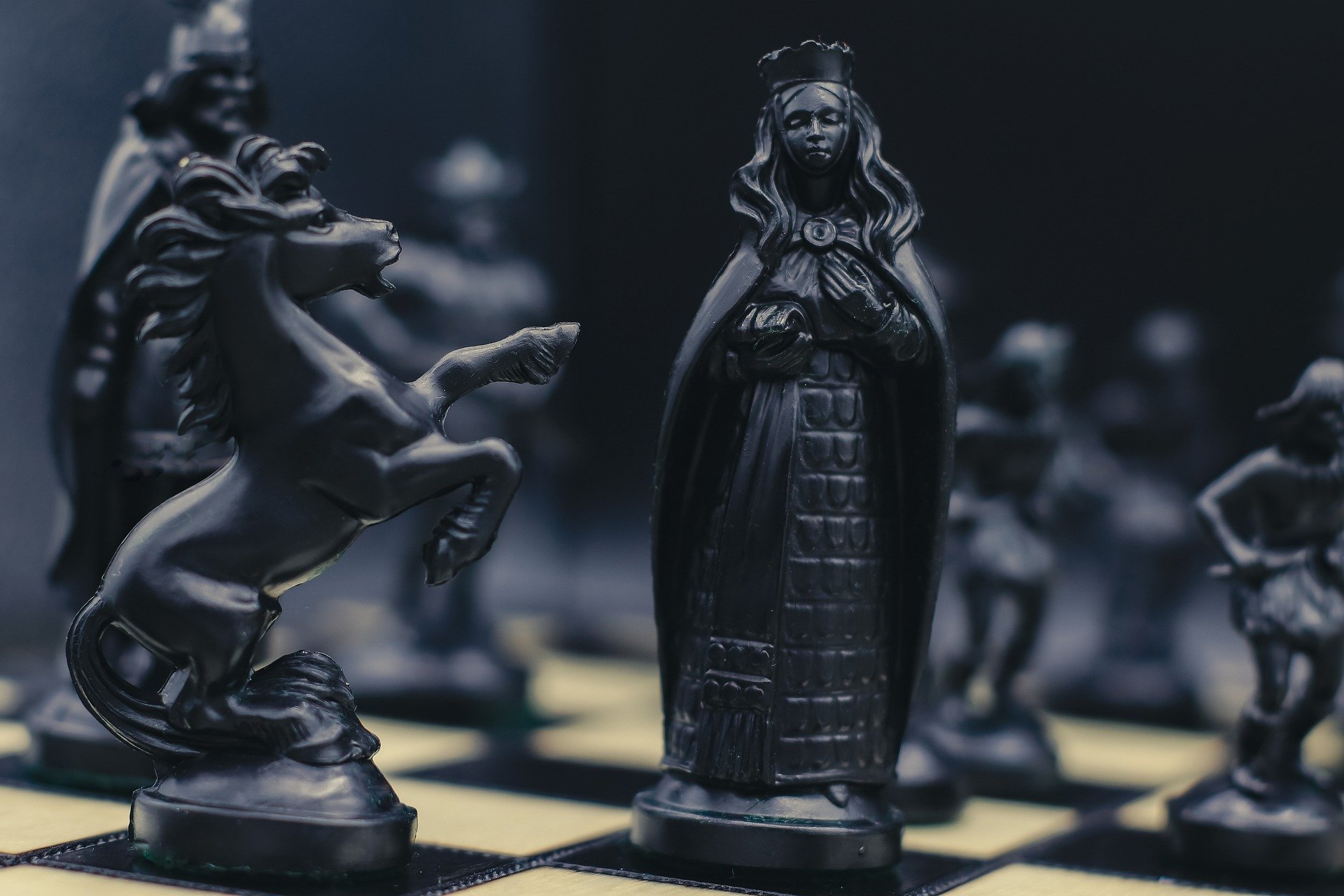To begin this post, I want to take a moment to explain that there is a difference between an enemy and an abuser. It’s a slight distinction, but with an enemy there is a certain element of competition. With an abuser, the victim doesn’t have options or ways of defending themselves. In my research I did not find any examples of abusers being revered in history. Usually after an abuser died, the people would rise up to destroy any trace of the abuser’s legacy. This seems like an appropriate response to me.
With a true enemy, there is a chance for fair competition. It doesn’t mean that you asked for that competition or wanted it, but there is the chance to fight back. There is also the opportunity to grow stronger as a result of the encounter.
I’m someone who unfortunately has been bullied at work. I’ve left jobs because of workplace bullying. However, the last time I was bullied at work things went differently. I had resolved to quit the job, but then realized that if I was going to lose the job anyways, I might as well try standing up to the bully. This time I got to experience some justice as a result of my actions. My bully was actually fired, which is a scenario in workplace conflicts that almost never happens. Unlike other times, I don’t feel wounded by the experience. I don’t hold a grudge of any kind against my bully and truly wish her well. She is an enemy, and not someone I would choose to work with again, but oddly enough there is a feeling of respect there.
When the Viking king Ivar attempted to invade England, he was eventually defeated in a hard-won battle. Rather than curse his name, the English built a magnificent funeral mound for him overlooking the English shoreline. They buried him with an entourage of 250 warriors to serve him in the afterlife. The thinking was that such a powerful enemy could become a powerful ally in spirit. The English believed that Ivar’s spirit, as well as the strategic location of his burial, would prevent further would-be invaders. Ivar was able to protect the land until William the Conqueror destroyed his burial mound and burned Ivar’s remains.
When Pecheneg Khan Kurya defeated the enemy Slavic Prince Svyatoslav, they fashioned his skull into a bejeweled drinking cup. This was not done as an insult, but rather in an attempt to try to harness their enemy’s great power. Kurya hoped that by having his wife drink from the cup that she would later give birth to a son just like Svyatoslav. This is a practice that was also adopted by the ancient Celts, Mongolians, and various cultures around Asia and the Middle East. Even the legendary pirate Blackbeard was said to have had his skull turned into a drinking vessel upon defeat.
Another common practice was to forge swords and others weapons using the remains of an enemy. To create steel, you need to merge iron with carbon. The bones of a powerful enemy were thought to provide both an ideal carbon source as well as imbue the weapon with magical powers. The Celts were also known to carve bones into runes.
Although I do not have the physical remains of my enemy, in a way I do still carry the “remains” of the experience. Like a magical amulet bestowed upon me, I have not been the victim of bullying since.
For ancient peoples, a stranger suddenly coming into your life and completely upturning everything was often believed to be a God in disguise. Nowadays we might think of these as “karmic relationships”, people that were meant to come into our lives in order to teach us a very pivotal lesson. Might it make sense to honor that experience in some way?
A lot of what we hear today is that in order to heal we need to “let go and move on”. Ancient peoples understood that that is not always possible. Instead they did the opposite of “letting go”; they held on. They found ways to transform the experience and to integrate it into their lives. Forgetting about someone, even if that were possible, does nothing to set you up for success when you inevitably encounter someone like them again. And there will always be another bully, or toxic “friend”, or another person just like your ex. So why not commit to giving yourself the time necessary to process the experience and learn from it?
Enemies are individuals that play powerful roles in shaping our destinies. I find it to be healing to meditate on the experience and the lesson learned, and then to actually thank the person for the lesson. Of course, this doesn’t mean that they are no longer your enemy. Obviously this is a person that is best to be avoided and a cord-cutting ceremony can be very helpful in these circumstances.
I’ve written before that I like to buy a special piece of jewelry to commemorate certain experiences and also as a way to harness the energy of those experiences for certain workings. This could be such an experience. Finding ways to (legally & ethically!) reinvigorate the spirit of this ancient practice is something I would like to explore more.


